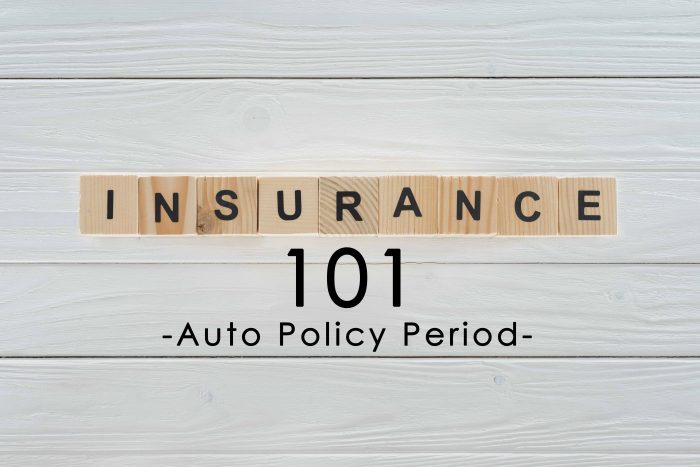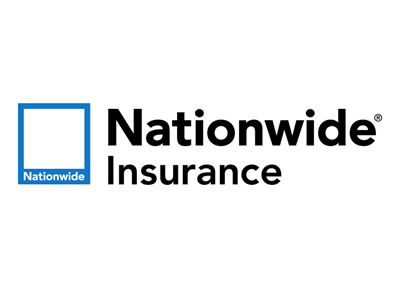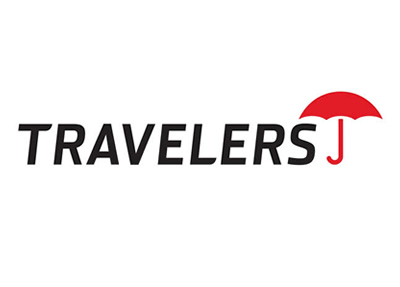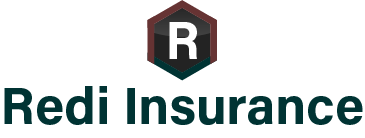
Insurance Term of the Day: (Auto) Policy Period
Our calendars are flooded with important dates that we must remember. Birthdays, doctors appointments, kids’ sports games, the list is seemingly never ending. It’s understandable that one may lose track and forget an important date-unless it’s an anniversary. Good luck with that.
Aside from your anniversary, it’s also crucial to remember another date: the day your insurance policy expires. Insurance isn’t always the first thing on your mind. However, you should always bare in mind the policy period of your insurance contract.
What is a policy period? Every policy has a policy period that is clearly stated on your insurance declarations page. The policy period starts on the day the policy is issued, which can be any day of the month. A policy period is important because it gives the dates that the policy is in force. Any event that occurs before or after the policy period would not be covered by the insurance.
The length of a policy period is determined by your specific insurance company. There are a few options that most insurance companies offer: a six-month policy, a year-long policy, and, in special circumstances, a month to month policy. Starting from the effective date, you will have coverage for the following six months, so long as the bill is paid on time each month. If your bill is not paid, the policy will be cancelled, leaving you uninsured.
Another reason why policy periods are significant is because often, the policy period indicates the due date of your payments. Missing or forgetting this date could mean you miss a payment.
Where is the policy period located? You can typically find your policy period on your declarations page.
When looking at your policy period dates, don’t mistake the “policy date” with the “effective date.” The policy date is mentioned within the contract of your policy. For example, the policy date is used when discussing grace period expiration dates, etc. However, the “effective date” is the date that the insurance company became legally liable for you and your property.
What happens at renewal? When your policy term ends, you have the choice to renew your policy or shop around. If your insurance company chooses to non-renew you, you must find coverage elsewhere. Otherwise, you’re risking a lapse in coverage and an increase in rates.
Have you ever noticed that everything happens at the most peculiar time? Don’t be caught off guard without insurance by missing your renewal date.
Contact Us Today
Fax: (303) 270-5449
Email: 4ginsurance@gmail.com
Location:
11859 Pecos St
#202
Westminster, CO 80234
Agency Hours:
Weekdays: 9:00am - 5:00pm
We're proud to represent great insurance carriers like:







